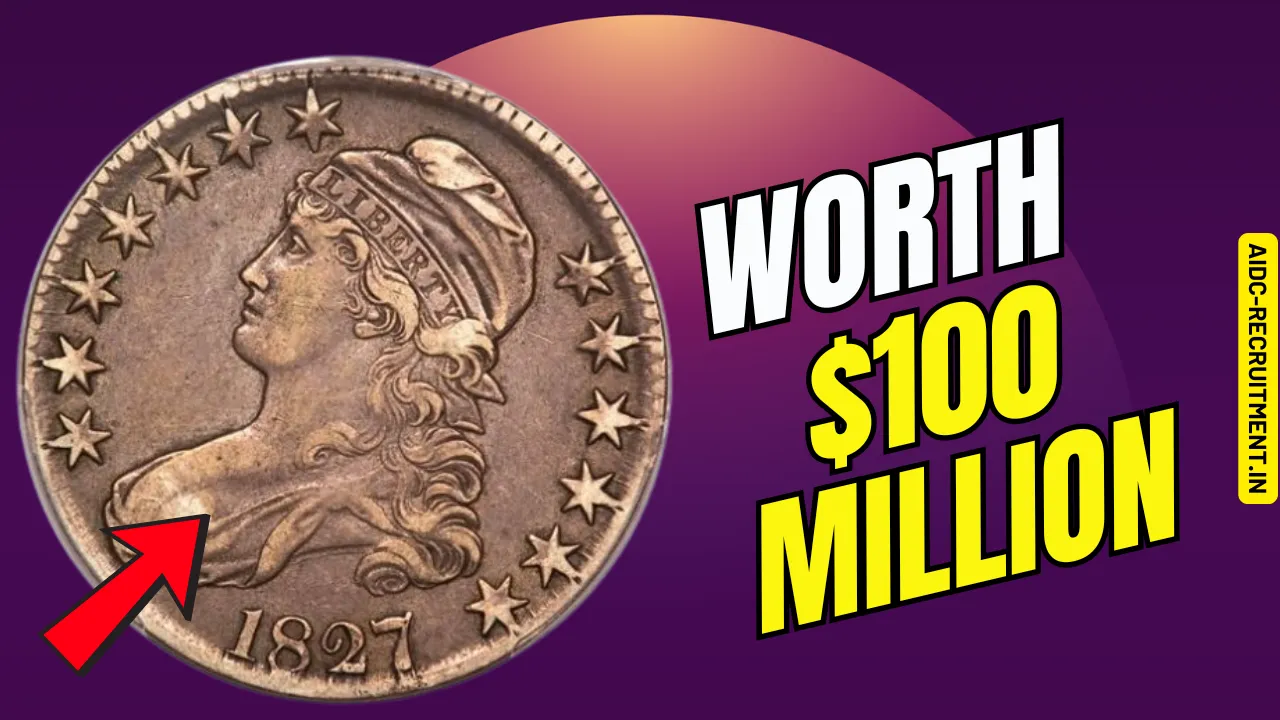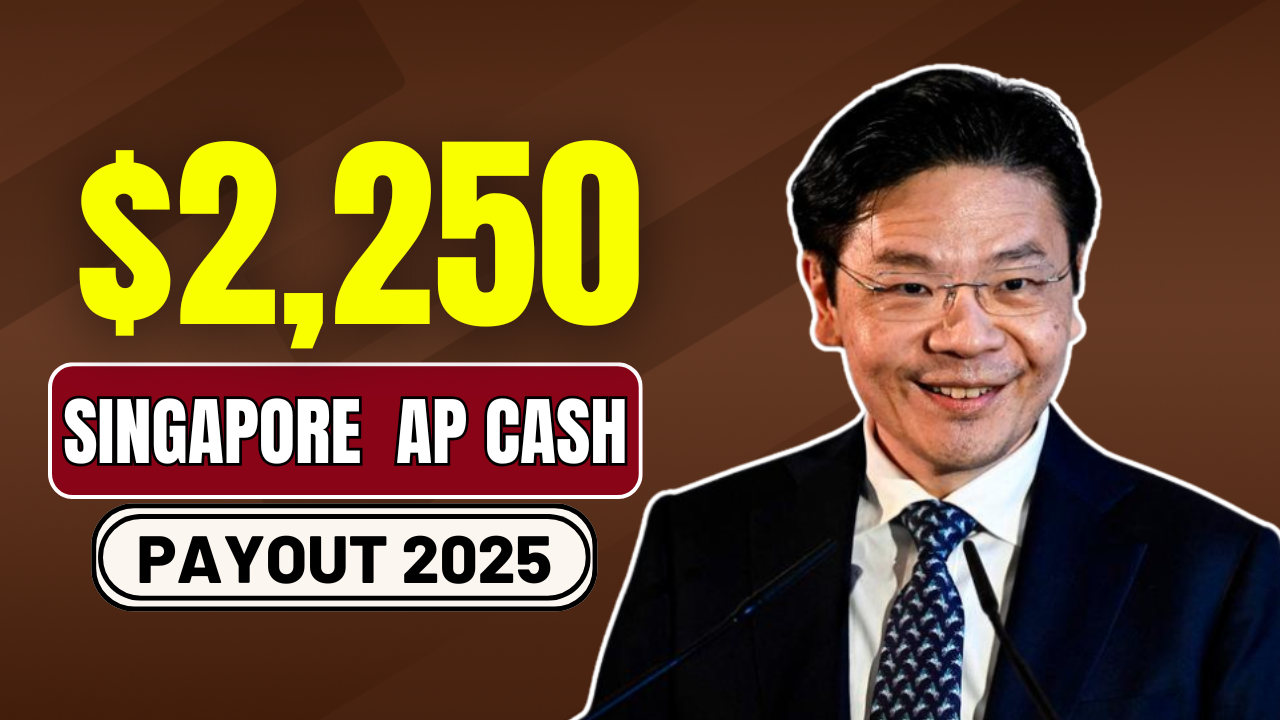The Bicentennial Quarter Worth Nearly $100 Million: The Rare Bicentennial Quarter holds a special place in American numismatic history. Released in 1976 to celebrate the 200th anniversary of the United States’ independence, these quarters became a symbol of patriotism and craftsmanship. Featuring a unique design, they were minted in large numbers, making them widely available in circulation. However, not all Bicentennial Quarters are created equal.
While most are still worth their face value of 25 cents, a select few have become prized collector’s items, with some rare examples fetching thousands of dollars at auctions. Recently, rumors have spread about a Rare Bicentennial Quarter valued at nearly $100 million. Although this claim remains unverified, the fascination surrounding these coins continues to grow. In this article, we’ll explore the story behind the Bicentennial Quarter, discuss the factors that make certain versions valuable, and guide you on how to identify if you’re holding one of these rare treasures.
Overview of Valuable Bicentennial Quarters
| Coin Description | Grade | Auction Price | Year of Sale |
| 1976-S Silver Bicentennial Quarter (Proof) | PR69 | $19,200 | 2019 |
| 1976-D Bicentennial Quarter | MS68 | $6,462.50 | 2017 |
| 1976-S Clad Bicentennial Quarter (Proof) | PR69 | $6,038 | 2019 |
| 1976 Bicentennial Quarter (Regular Strike) | MS67 | $1,100 | 2019 |
1. The History of the Bicentennial Quarter
The Bicentennial Quarter was minted to commemorate the 200th anniversary of the signing of the Declaration of Independence. This quarter became an instant icon due to its distinctive design:
- Obverse (Front): The traditional image of George Washington with the dual date 1776–1976.
- Reverse (Back): A Colonial drummer boy designed by Jack L. Ahr, symbolizing the American Revolutionary spirit.
The quarters were produced in three mints:
- Philadelphia (No Mint Mark)
- Denver (‘D’ Mint Mark)
- San Francisco (‘S’ Mint Mark)
While most Bicentennial Quarters are common, rare variations with minting errors, exceptional grades, or special compositions have made their way into collector legend.
2. The $100 Million Bicentennial Quarter: Myth vs. Reality
The idea of a Rare Bicentennial Quarter being worth nearly $100 million has captivated collectors and casual enthusiasts alike. However, there is no documented proof or auction record of any quarter reaching such astronomical value.
The Truth Behind the Myth
- The highest verified sale of a Bicentennial Quarter was $19,200 for a 1976-S Silver Proof Quarter graded PR69.
- Claims of a $100 million coin are often exaggerations fueled by online rumors or misleading headlines.
While no Bicentennial Quarter is currently worth anywhere close to $100 million, certain rare examples can still fetch tens of thousands of dollars if they possess the right combination of rarity, condition, and uniqueness.
3. Factors That Make a Bicentennial Quarter Valuable
Not every Rare Bicentennial Quarter is worth a fortune. Here are the key factors that determine their value:
a. Minting Errors
- Double Die Errors: These occur when the coin’s design is struck twice, resulting in a slightly overlapped or duplicated image.
- Off-Center Strikes: When the coin’s design is misaligned, creating unusual patterns.
- Planchet Errors: Mistakes in the blank metal discs used to strike coins.
b. High-Grade Condition
Coins graded MS67 or higher are rare because most quarters were heavily circulated. Uncirculated quarters with sharp details and no scratches command higher prices.
c. Silver Content
Some Bicentennial Quarters were struck with 40% silver planchets, primarily from the San Francisco Mint (S Mint Mark). These silver versions are inherently more valuable.
4. How to Identify a Rare Bicentennial Quarter
If you think you might have a Rare Bicentennial Quarter, here’s a step-by-step guide to evaluate its potential value:
Step 1: Look for the Mint Mark
- ‘S’ Mint Mark: Indicates a San Francisco minting, often signifying a silver proof quarter.
- ‘D’ Mint Mark: Denver quarters are less rare but can still be valuable in pristine condition.
- No Mint Mark: Philadelphia quarters are the most common but can still hold value if graded highly.
Step 2: Check the Coin’s Condition
- Look for sharp details, clean surfaces, and minimal scratches.
- Coins in mint or uncirculated condition are far more valuable.
Step 3: Inspect for Errors
- Look for double strikes or any anomalies in the design.
- Off-center strikes are another indicator of a valuable coin.
Step 4: Verify the Metal Composition
- Silver quarters have a slightly different weight and appearance compared to standard clad quarters.
- A professional grading service can confirm the coin’s metal content.
5. Record-Breaking Bicentennial Quarter Sales
While none have sold for $100 million, some Bicentennial Quarters have fetched impressive prices:
- 1976-S Silver Bicentennial Quarter (PR69): Sold for $19,200 in 2019.
- 1976-D Bicentennial Quarter (MS68): Sold for $6,462.50 in 2017.
- 1976-S Clad Bicentennial Quarter (PR69): Sold for $6,038 in 2019.
- 1976 Bicentennial Quarter (MS67): Sold for $1,100 in 2019.
These sales highlight the value of rare specimens and prove that some quarters are indeed worth much more than face value.
6. What to Do If You Have a Rare Bicentennial Quarter
If you believe you’ve found a Rare Bicentennial Quarter, follow these steps:
- Handle with Care: Avoid cleaning or damaging the coin.
- Authenticate the Coin: Have it inspected by a reputable grading service like PCGS or NGC.
- Research Similar Sales: Check auction records to estimate its value.
- Consult Experts: Contact professional numismatists or coin dealers.
- Consider Selling: Use trusted platforms like Heritage Auctions or Stack’s Bowers Galleries.
7. Final Thoughts on the Rare Bicentennial Quarter
While the claim of a $100 million Bicentennial Quarter is largely a myth, the fascination with these coins is very real. Their unique design, historical significance, and the occasional minting error make them a treasured piece of Americana.
If you’re lucky enough to find a Rare Bicentennial Quarter in your collection, it could be worth far more than its face value. Take the time to inspect your coins carefully—you might just have a rare treasure in your pocket.
Happy collecting, and may your next quarter be a rare gem!










